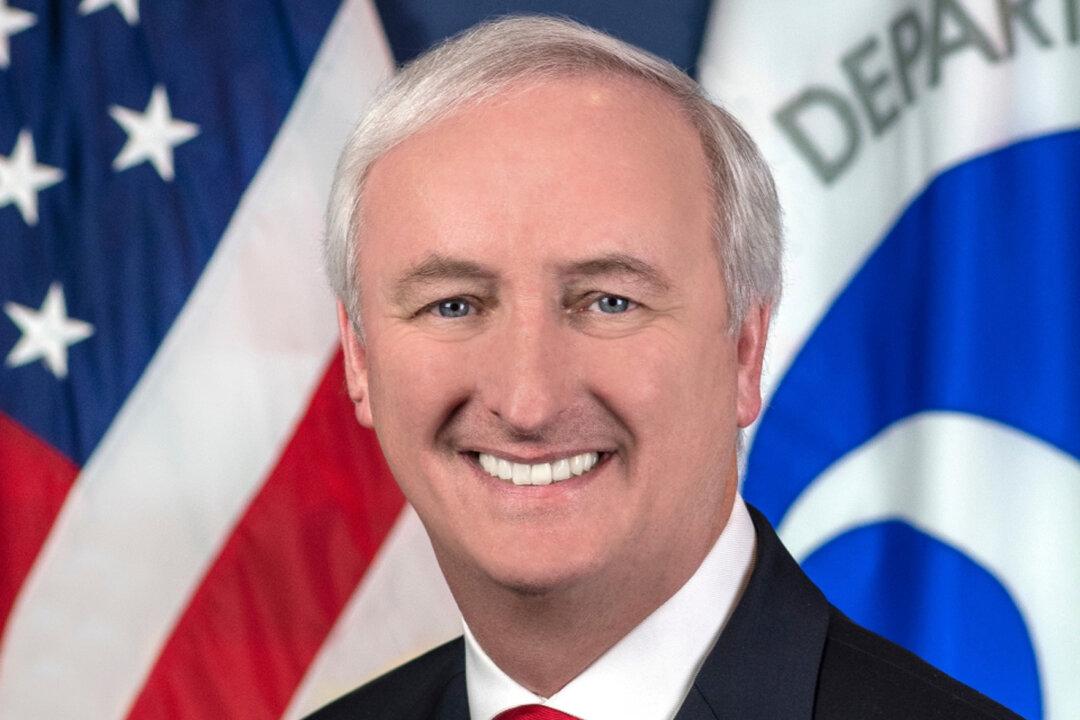President Donald Trump intends to nominate Jeffrey Rosen to succeed Deputy Attorney General Rod Rosenstein, according to the White House.
Trump nominated Rosenstein to serve as the deputy attorney general on Feb. 1, 2017. Since then, Rosenstein has played a key role in pivotal events: He recommended the firing of FBI Director James Comey, appointed special counsel Robert Mueller, and has overseen a broad investigation into leaks of classified information.





